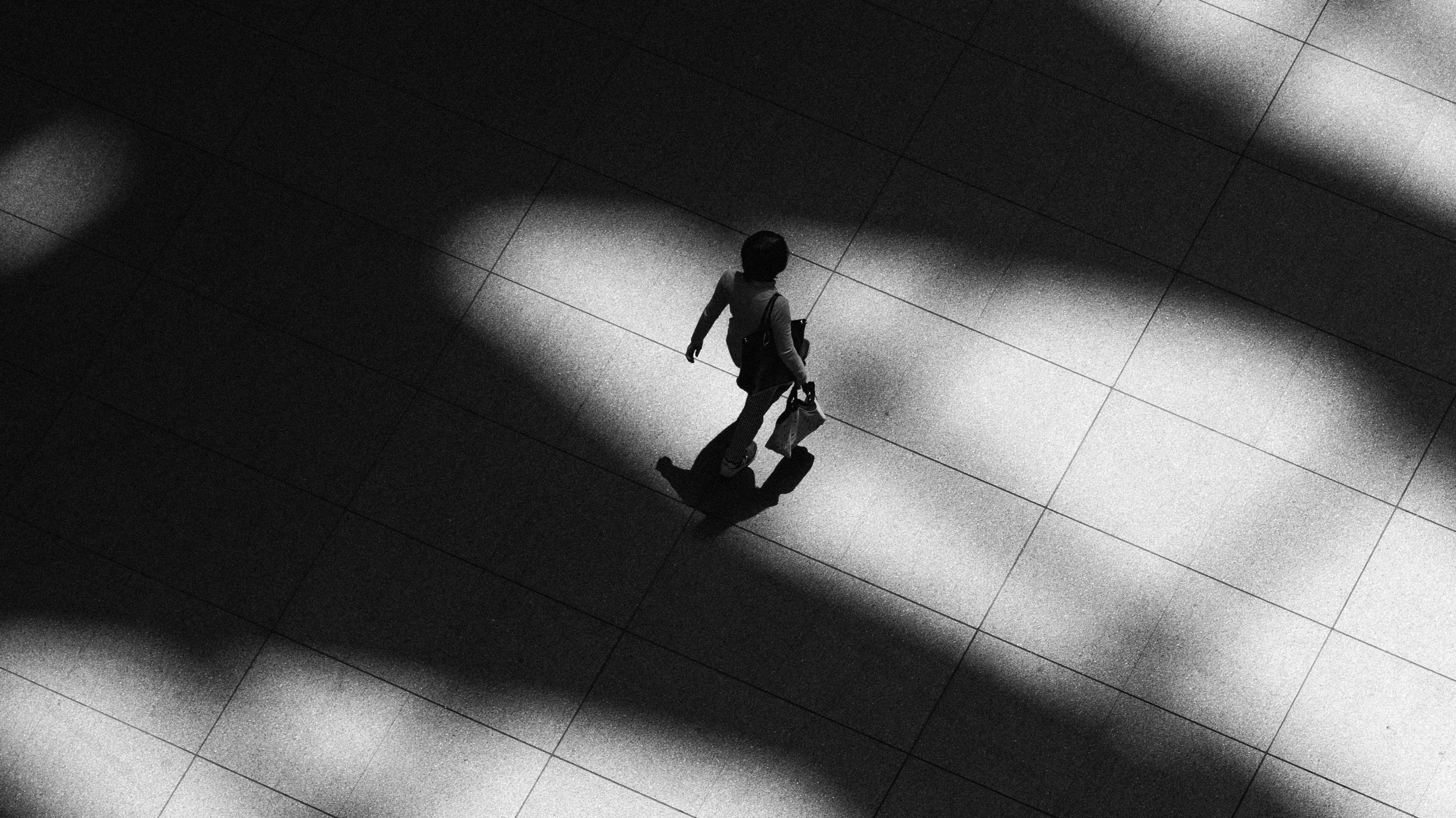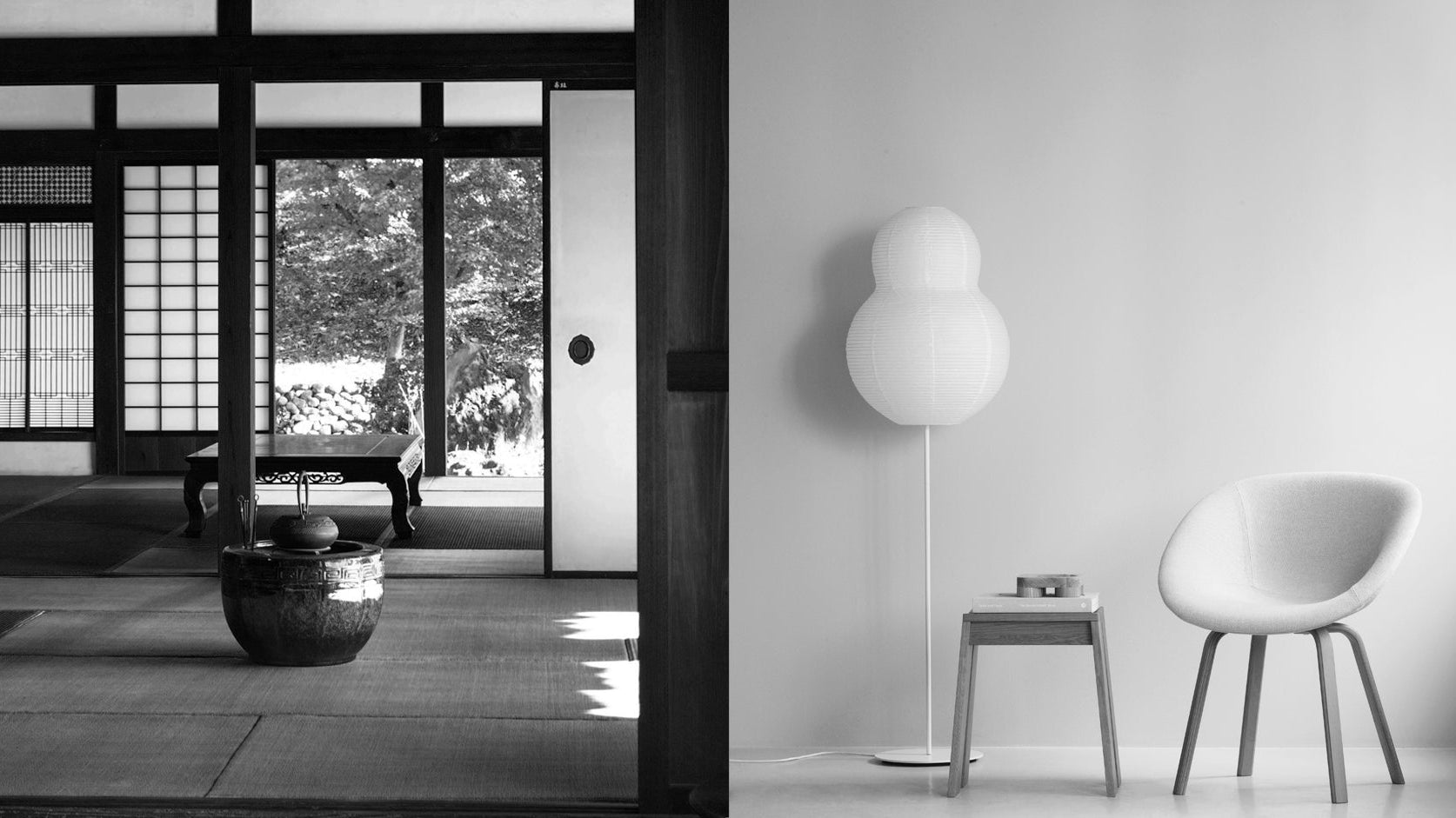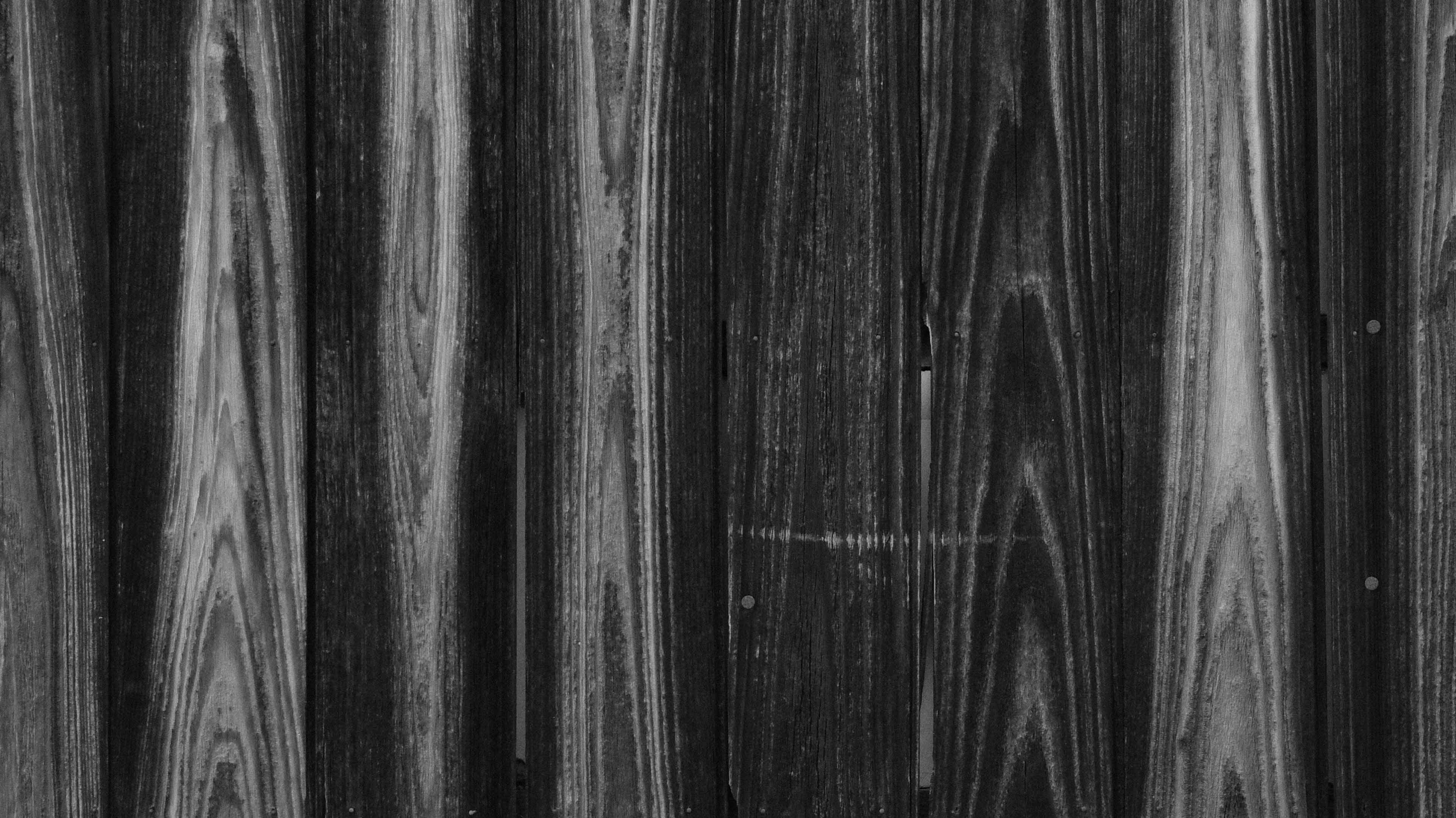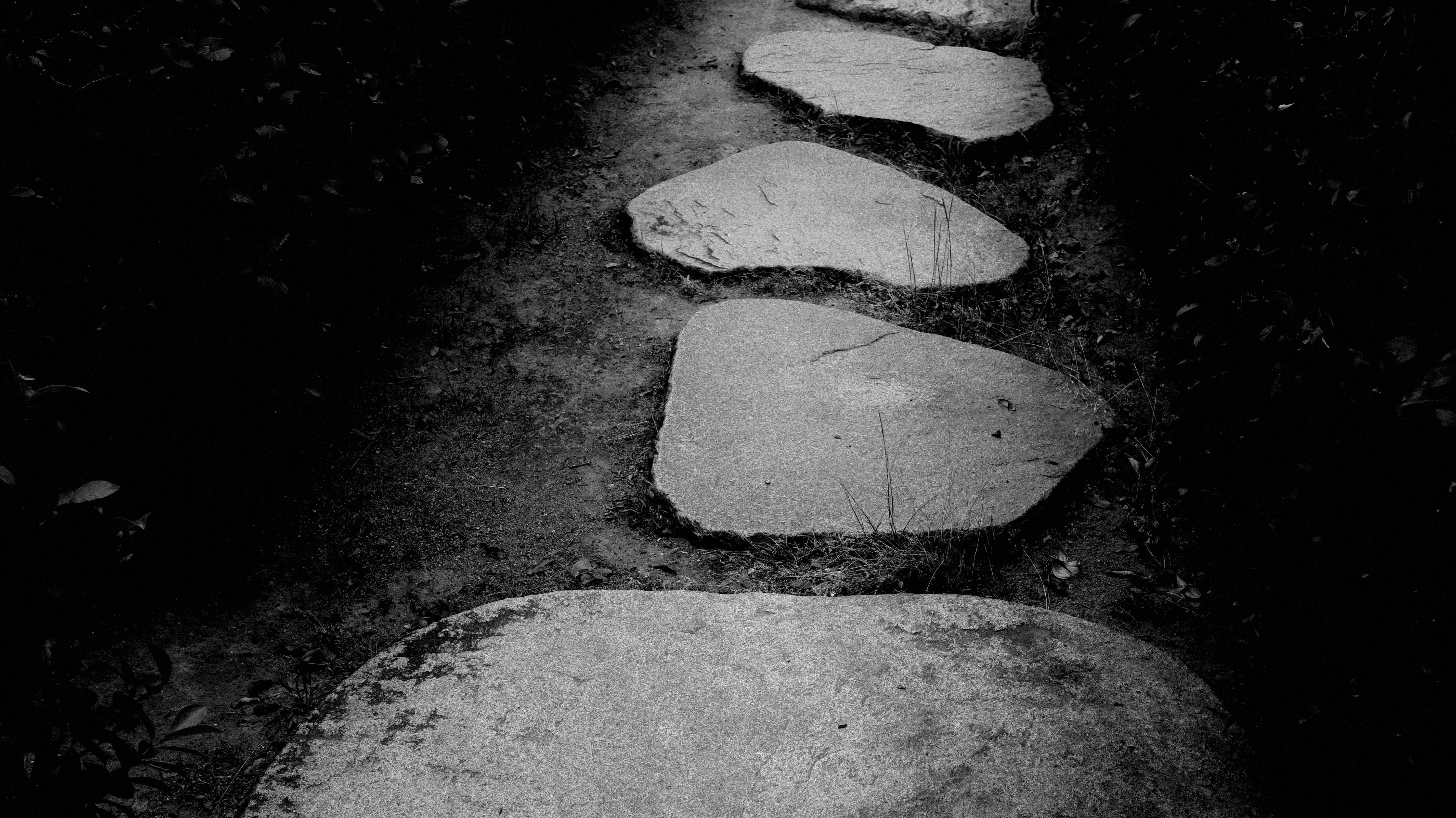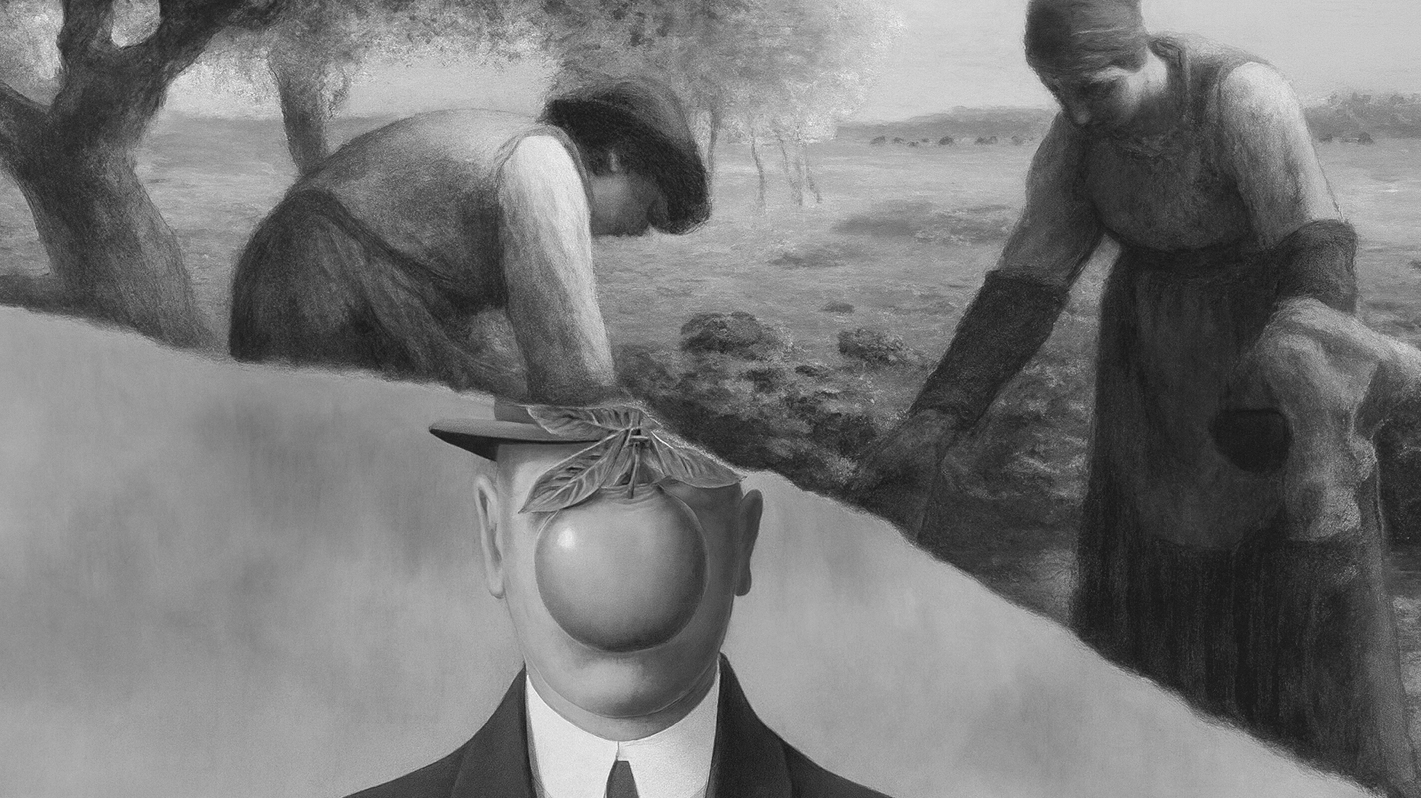
What is Mottainai?
This philosophy suggests that objects are not isolated; they are connected to the people who use them. "Mottainai" expresses sadness over the loss of this connection between living and non-living things. It encourages us to use resources fully and to their end of life.
Moreover, the concept of mottainai emphasizes that nature has intrinsic value. Everything should be treated with care—not just for its practical use or delicate nature, but out of respect for the resources we have.
How Japanese Culture Embraces Mottainai
Mottainai is a way of life that influences many aspects of Japanese culture. This philosophy emphasizes the importance of fully respecting and utilizing resources. It encourages a mindset of sustainability and fosters a strong connection to the environment.
The clearest example of mottainai can be found in Japanese cuisine. Japan's principles of thrift and conservation promote sustainability by using every part of an ingredient to minimize waste. For instance, vegetable scraps are used to make stocks, and fish bones are transformed into flavorful broths. This respect for food not only reduces waste but also reflects the cultural belief that every item has intrinsic value. Renowned New York City sushi master Masa Takayama echoes this sentiment, saying, "When I buy a fish, I remember that the fish once had a life. Out of respect for the creature, I find ways to cook everything."
Mottainai is also evident in traditional Japanese craftsmanship. Artisans take great care to use materials to their fullest, ensuring that nothing goes to waste. This is especially visible in kintsugi, the Japanese art of repairing broken pottery with gold. Rather than discarding broken items, kintsugi appreciates their history and value, perfectly embodying the mottainai philosophy.
• Read more about Kintsugi: Finding Beauty in the Art of Repair

While Japan may not always be recognized for its environmental consciousness, its anti-waste values are deeply ingrained in its culture. The concept of mindful consumption is prevalent, encouraging people to consider the environmental impact of their choices. As a result, many prefer to prioritize quality over quantity, opting to buy fewer items that are durable and meaningful. This embrace of a minimalist lifestyle aligns perfectly with the philosophy of mottainai, as it encourages individuals to appreciate what they have and reduce unnecessary waste.
(What is Mottainai? The Meaning Behind the Japanese Philosophy of Sustainability - dans le gris)
Applying Mottainai in Everyday Life
So why has mottainai, a centuries-old Japanese philosophy, gained recognition in recent years? In today’s world, this ancient mindset is more relevant than ever as it serves as an essential reminder for living sustainably and reducing our environmental impact. As we reflect on the world around us—characterized by mass production and rapid consumption—it’s important to ask ourselves: Do we really need all these things, or are we trapped in a cycle of buying and discarding?
The philosophy of mottainai encourages us to rethink our consumption habits, promoting mindfulness in how we use and value resources. Instead of immediately discarding items, mottainai inspires us to find new uses for them. For instance, old kimonos can be transformed into scarves, and worn-out denim pants can be upcycled into tote bags. If you truly can’t find a use for something, consider selling it or giving it to someone in need.
Importantly, mottainai goes beyond merely avoiding waste—it emphasizes valuing what you already have. It encourages us to reflect on how our actions impact the environment and the world around us. By being conscious of how we consume, conserve, and care for our belongings, we not only reduce waste but also cultivate a sense of gratitude and respect for all resources.
Mottainai embodies a significant message: respect for resources and the environment. By understanding its deeper meaning, we can integrate this philosophy into our daily lives, fostering a culture of sustainability, gratitude, and thoughtful consumption.
(What is Mottainai? The Meaning Behind the Japanese Philosophy of Sustainability - dans le gris)
Continue Reading Lifestyle Articles:
• 7 Essential Ikebana Principles for Understanding Japanese Art of Flower Arrangement
• Wabi Sabi Meaning: Embracing Imperfection in Japanese Aesthetics
• Japanese Tea Ceremony: The Philosophy of "One Encounter, One Chance"
• Ma: The Japanese Aesthetic of Negative Space and Time
About Us
Dans Le Gris is a brand that began with everyday jewelry, with each handmade piece designed and crafted in Taiwan. We deeply value every detail, dedicating ourselves to creating timeless pieces through collaboration with experienced craftsmen.
In our journal, we provide irregular updates featuring articles about art, culture, and design. Our curated content encompasses diverse aspects of life, with the aspiration to offer meaningful insights and inspiration.

